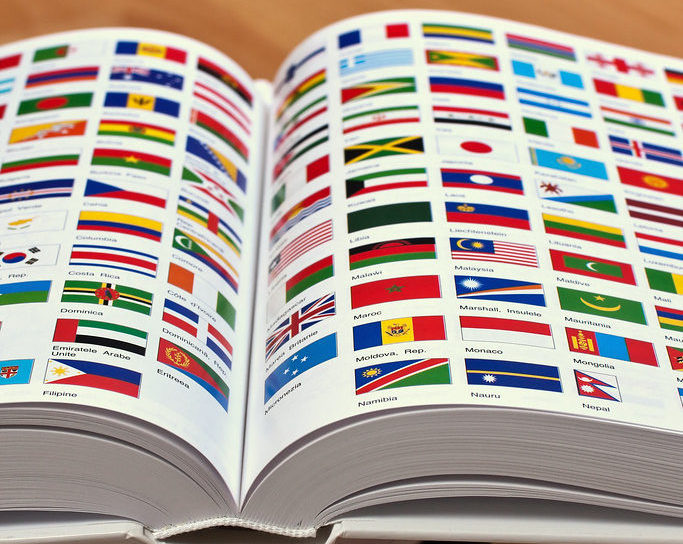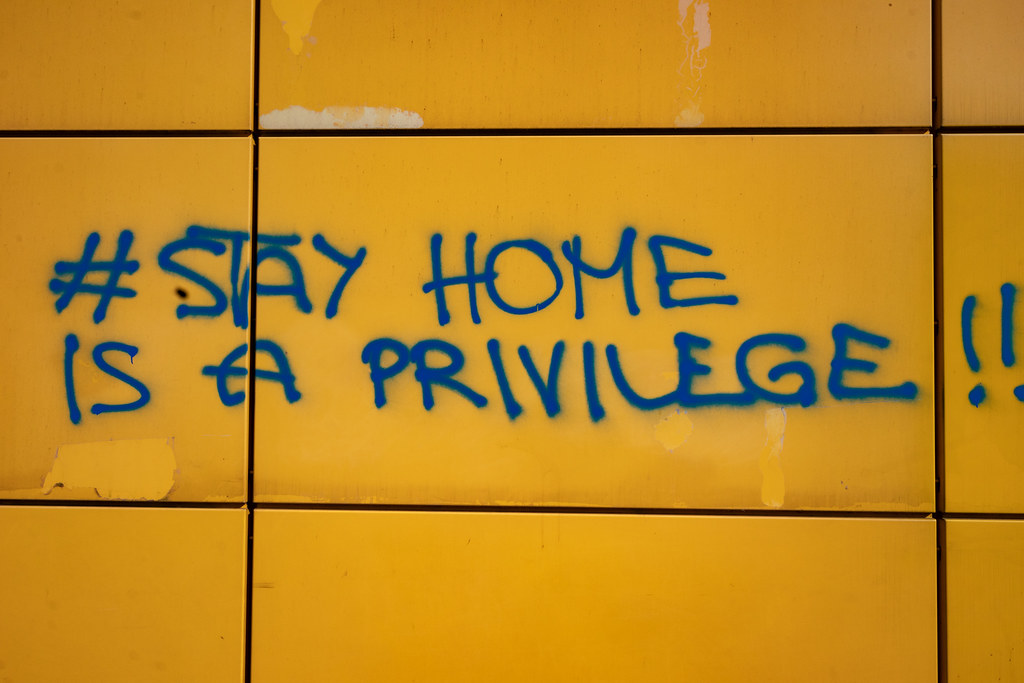Challenges to Power‐Sharing in the Post‐Uprisings Arab World
Volume 20, Issue 2
This special feature grew out of a workshop which gathered together experts on consociational power‐sharing from a comparative perspective. Our aim was to reflect theoretically and normatively on this specific type of democratic power‐sharing – in contrast to centripetalism, multiculturalism, and territorial pluralism (O’Leary 2013), take stock of its empirical record in Lebanon and Iraq, and interrogate its potential utility for other postwar states and societies in the Arab World after the popular uprisings. Consociational power‐sharing’s main institutional features to promote peace and stability in plural societies or postwar divided places consist of a grand coalition, mutual veto, proportionality, and segmental autonomy (Lijphart 1977).
What this parsimonious formula means in practice in different contexts is 1) any variation of a cross‐community executive gathering political elite representatives along ethnic, religious, or sectarian lines, whether of the grand coalition, concurrent executive, or plurality executive types; 2) specified or unspecified veto power on decisions that may affect the political balance of power or infringe on the cultural identity of the different ethnic or sectarian groups; 3) some form of proportionality in the distribution of public offices and resources, and hence a preference for Proportional Representation (PR) electoral laws; and, finally, 4) territorial or non‐territorial community self‐governance particularly on matters pertaining to cultural identity and family law (McCulloch and McGarry 2017; O’Leary 2013).
Read the editor’s introduction here.
Read the full issue here.



